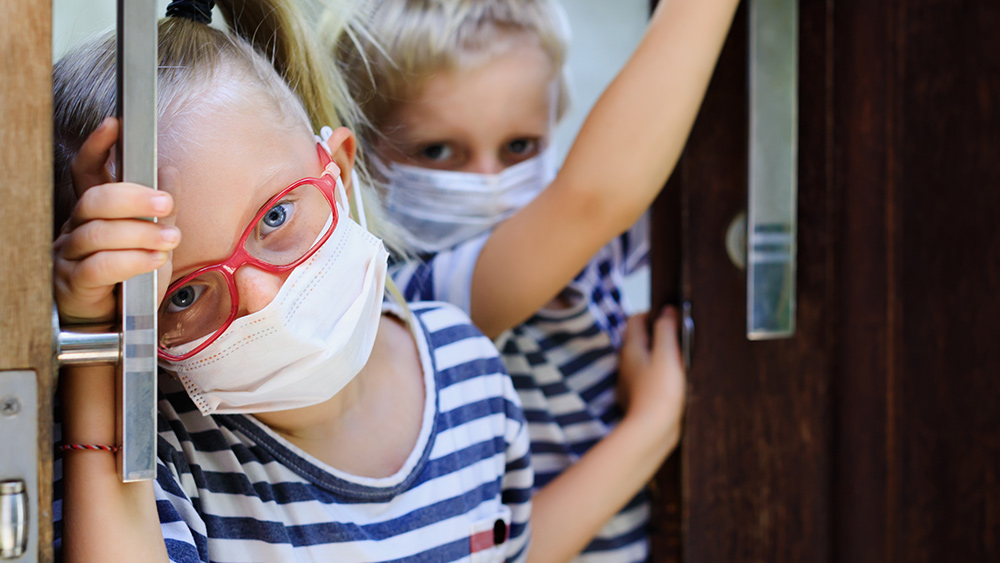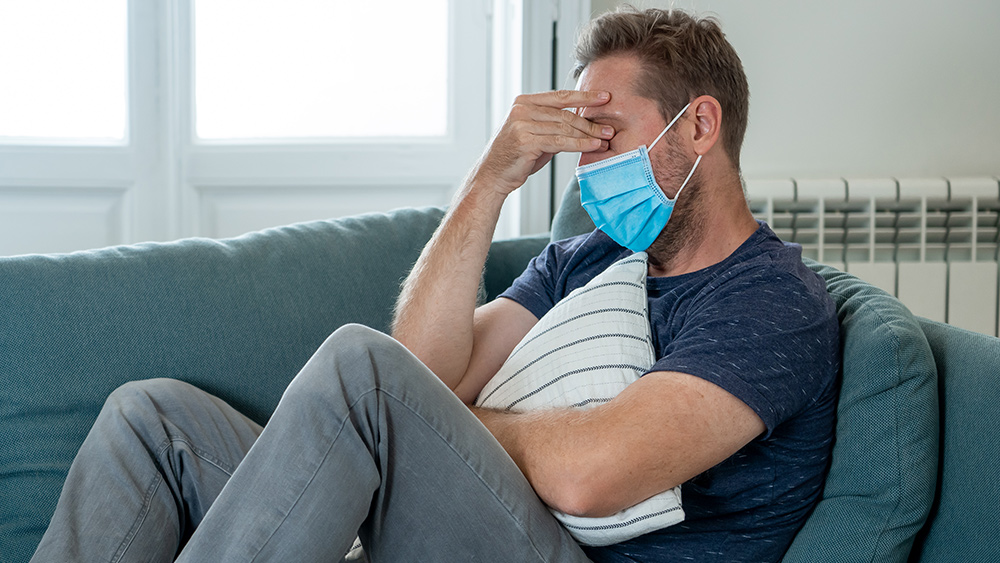For many teenagers, spending several hours on their phones scrolling through social media is considered normal, even boring at times. But health experts are worried, especially because of the growing link between frequent social media use, teenage depression and mental health.
Scientists are starting to uncover alarming connections between social media use and depression. According to data, every additional hour spent on social media sites is linked with more depressive symptoms.
Because the prevalence of major depressive episodes among adolescents increased from 8.1 percent to 15.8 percent between 2009 and 2019, mental health experts started studying the factors contributing to this change.
Jean M. Twenge, a professor of psychology at San Diego State University, explained that there are many causes of depression and that they often interact.
Twenge added that while some individuals have a genetic predisposition to depression, they might only become depressed if "the environment creates the right conditions." Unfortunately, spending too much time on social media could be one of those factors.
Social media, connections and isolation
Social media may trigger depression by doing the opposite of what it was allegedly created to do: Fostering a sense of community and helping people maintain friendships.
Roger McFillin, board-certified in behavioral and cognitive psychology, warned that the rise of social media has caused some young people to become less socially adept, instead isolating themselves behind screens rather than experiencing real life firsthand.
Human knowledge is under attack! Governments and powerful corporations are using censorship to wipe out humanity's knowledge base about nutrition, herbs, self-reliance, natural immunity, food production, preparedness and much more. We are preserving human knowledge using AI technology while building the infrastructure of human freedom. Speak freely without censorship at the new decentralized, blockchain-power Brighteon.io. Explore our free, downloadable generative AI tools at Brighteon.AI. Support our efforts to build the infrastructure of human freedom by shopping at HealthRangerStore.com, featuring lab-tested, certified organic, non-GMO foods and nutritional solutions.
To illustrate, sports participation has decreased significantly since 2008. According to the National Survey of Children’s Health, only 24 percent of six- to 17-year-olds engage in at least 60 minutes of physical activity per day, which is down from 30 percent a decade earlier. (Related: Poll: Parents most concerned about excessive use of SOCIAL MEDIA and mobile devices as kids return to school.)
After all, children and teens might feel less inclined to play a sport, which is often "physically, psychologically and relationally challenging," when the alternative is social media, where you can have the illusion of participation without being challenged in many ways, added McFillin.
Research proves this disconnect. According to a 2023 study published in the journal Health Psychology and Behavioral Medicine, those using social media primarily to maintain relationships "feel lonelier than those using it for other reasons."
The report revealed that even if social media facilitates social contact to a degree, it still does not "facilitate the type of contact sought by those who use social media primarily for this reason." This supports previous findings that Facebook users are often lonelier than nonusers.
McFillin explained that "[g]enuine engagement occurs in person" and that excessive social media can often perpetuate feelings of loneliness, especially because heavy users may withdraw from the real world.
In a 2017 study published in the American Journal of Preventive Medicine, researchers reported that young adults who used social media excessively "feel more socially isolated than their counterparts" who weren't as active on social media.
While social media promises connection, it can't replace in-person interaction. Additionally, overreliance on social media may undermine the real relationships humans need to feel connected to their loved ones.
A different study from 2023 published in the journal Brain Sciences backs this. For this study, scientists instructed 30 volunteers to list 20 of their loved friends or relatives, 20 loved influencers or celebrities and 20 people they felt no closeness to.
The volunteer's brain activity was recorded via EEG as they viewed the names. Data showed that the brain wave response to loved ones was much greater than to influencers.
According to the researchers, brain imaging revealed that "there is nothing like a real friend."
Read more news related to depression and mental health at DepressionSymptoms.news.
Watch the video below to learn about the negative side effects of social media addiction.
This video is from the HappeningsandArt channel on Brighteon.com.
More related stories:
10 Small changes that can help you deal with burnout.
British Education chief wants to BAN students from using phones in schools.
Parents and school officials of small Irish town unite to BAN SMARTPHONES for children as old as 13.
Sources include:
Please contact us for more information.



















